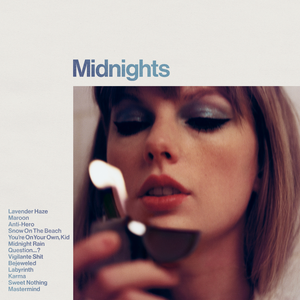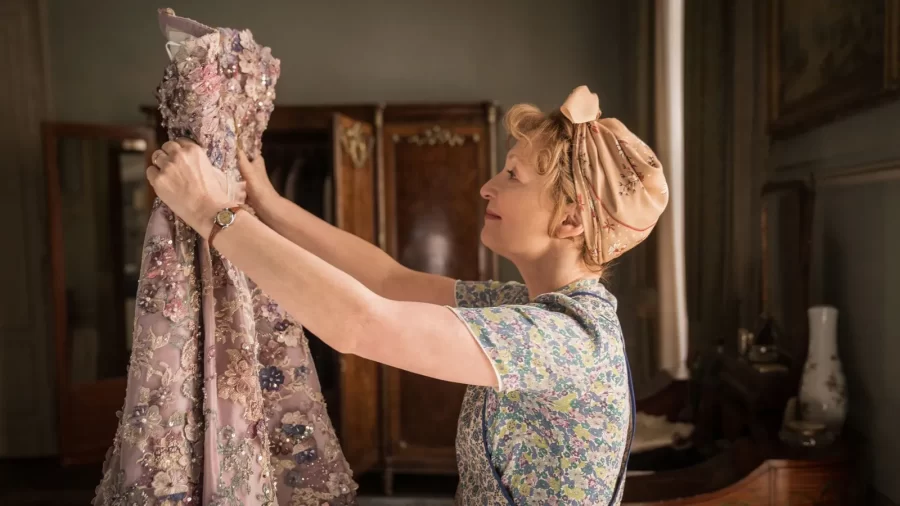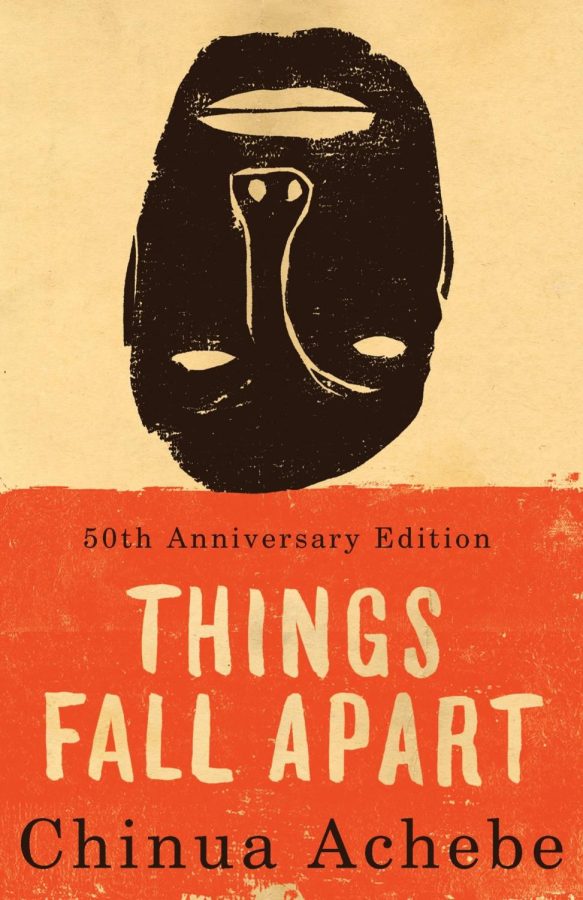
The age of Greek mythology often makes an exodus from our minds after middle school, where we learn about The Odyssey and tales of Pandora’s Box and Prometheus. And, maybe if you are lucky, you saw the 2019 Broadway production of Hades Town in the West End. But for most, that is how far one’s classical education expands. Ultimately, it is rare for this topic to resurface in our minds, but in the past decade, antiquities have received a newfound recognition and obsession, one rightfully deserved.
Madeline Miller’s novel, The Song of Achilles, is a masterpiece of imaginative depth and sophistication in a field often labeled as “dead.” She skillfully dissects Homer’s Iliad, weaving anecdotes of ancient Greece and stringing together tales and characters from Greek mythology to recount the infamous story of the Greek battle at Troy. Her nuanced approach to intertwining mythology and contemporary love captivates readers, drawing them into the dynamic world of the two male protagonists: Achilles, a charismatic, confident, and exceptionally skilled warrior, and Patroclus, the narrator and former prince who exiled at a young age, embodies kindness, gentleness, and a timid resilience while harboring a magnetic love for Achilles.
The unfolding love story between Achilles and Patroclus offers a fresh perspective on romance, diverging from the conventional portrayal of heterosexual relationships. While this text is deeply rooted in ancient history, it does not shy away from addressing the prevailing societal norms of the time, where women are often relegated to secondary roles, and depicted as submissive and obedient to men. This power role is accentuated by the circumstances of Achilles’ birth, a result of his mother Thetis’ sexual assault by Peleus. The Trojan War narrative also reinforces traditional gender roles, with Paris’ abduction of Princess Helen casting her as the archetypal damsel in distress. Moreover, the portrayal of female inferiority is alarmingly evident through the character Deidamia. Achilles dismisses and mistreats her, particularly after the borderline sexual assault orchestrated by his mother. Patroclus, out of compassion, and pity, has sex with Deidamia, who has been spurned by Achilles. The power dynamics between males and females persist throughout the story, notably in the character of Briseis. Captured by the Greeks and placed under the supervision of Achilles and Patroclus, Briseis becomes a pawn in the power struggles of men. This is shown when Agamemnon exploits her vulnerability, reducing her to a mere object in his quest for dominance over Achilles. When Briseis attains a semblance of freedom, or so the Greek’s interpretation of it, it becomes a significant focal point, triggering introspection in Patroclus’ mind. He emerges as the sole character genuinely concerned about her well-being, a rare circumstance for a female sex slave. The novel subtly critiques the treatment of women as prizes or symbols of status, highlighting the lack of dignity afforded to them in a world dominated by militaristic masculine values. This exploration of gender dynamics adds depth to the narrative, prompting readers to reflect on the historical context of ancient Greece while appreciating the historically unconventional love story at its core.
The presence of toxic masculinity is unmistakable, particularly through the limited portrayal of female characters. Achilles’ fury exemplifies this contemporary perception of toxic masculinity as he perceives himself as the ‘greatest of all Greek warriors.’ As the war unfolds, the weight of familial expectations to excel and embody the unstoppable Greek hero causes him to unravel. Achilles frequently shuns vulnerability, assuming the role of the “tough guy”, projecting an image of unyielding strength. However, this facade begins to crumble as he conforms to societal norms and builds enemies with people around him. The corrosive influence of pride drives Achiilies to lose sense of his moral and true intentions. Thus, this pride becomes a catalyst for Patroclus’s demise. After Patroclus’s death, Briseis confronts Achilles, stating, “You’ve never deserved him, you don’t know why he ever loved you, you only care for yourself” (Miller 340). This encapsulates the attitude Achilles so proudly embraced. The same attitude that so clearly prompted his downfall. Consequently, Achilles’s refusal to embrace vulnerability and his fear of defeat in the war prove to be the very factors that cost him the love of his life and himself. Miller’s vivid illustration of Achilles’ betrayal towards Patroclus has left an indelible impression on readers. Through his actions, Miller has made it clear that Achilles’ decision will haunt him forever, leaving readers feeling infuriated by the heartbreaking turn of events.
The Song of Achilles offers readers a new perspective on an LGBTQ+ romance. Rather than focusing on a coming-of-age story about a boy coming out, the book highlights that gay people have existed throughout history, even before 100 years ago. Unfortunately, literature and history have often failed to acknowledge this fact. While the novel doesn’t delve into society’s opinions on Achillie and Patroclus’ relationship, it does articulate the unbreakable bond between the two. From a young age, Patroclus struggles to understand his attraction to Achilles, but their connection becomes an undeniable force as they grow up together over the years. In a literary world that often stigmatizes the LGBTQ+ community, this novel serves as an example of equal representation for all types of romances and can help spread awareness.
Miller’s novel transports readers to the ancient world through its depiction of complex themes such as sexuality, gender, authority, and love. The author’s precise writing and dialogue create a richly imagined mythological world that is both relatable and relevant to readers today. Even those who aren’t mythology fanatics will appreciate these themes and the reminder that ancient tales still hold relevance in our perceptions of romance in the 21st century. The Song of Achilles serves as a testament to the boundless creative freedom that literature affords, particularly in championing queer love. By depicting an openly gay couple rooted in ancient times, the novel challenges preconceptions and exemplifies that non-heterosexual romances not only can but will continue to captivate audiences, establishing a dominant presence among bestsellers.












